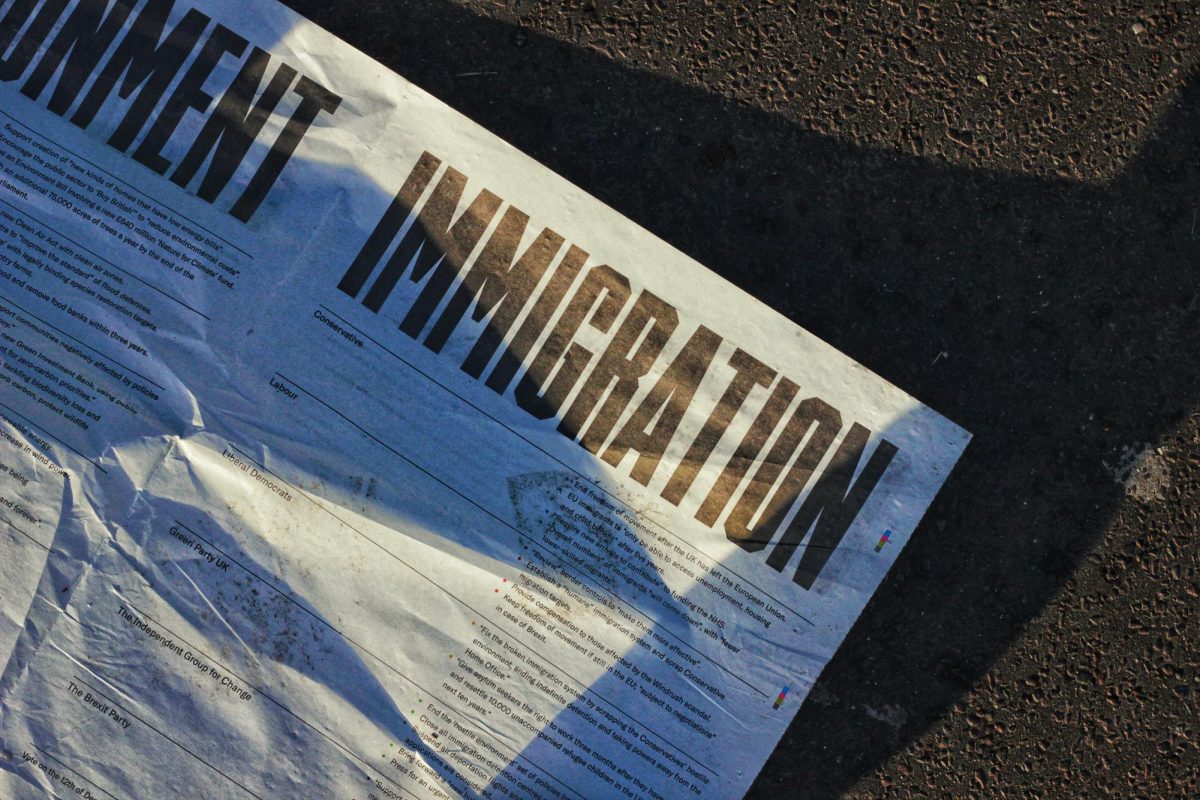For decades, the automobile industry in Germany has been a standard for automakers around the world. With companies like BMW, Volkswagen, Audi and Mercedes, Germany has innovated the diesel-powered automobile. Now, they face a great challenge after the passing of new legislation in Germany, which gives German cities the power to ban older diesel cars. This trend in legislation against diesel cars has been on the rise since the Paris climate accord. Although the United States pulled out of the agreement, more countries have stepped up and made efforts to reduce the carbon emissions. Increasing smog and air pollution, specifically at the city centers and densely populated urban areas, has prompted the government to take necessary action against diesel cars. Other countries have also proposed similar legislation and begun to move toward cleaner, more efficient automobiles.
Since the Volkswagen scandal in 2015, governing bodies in Europe have watched automakers closely. Reuters reports that the sale of diesel cars decreased after the scandal. Emissions from automobiles have been a great concern for all of Europe. According to the European Union, 23 percent of greenhouse gas emissions come from transport which includes, planes, cars and trucks. To combat this, the EU set standards for automobiles to ensure safer and cleaner emissions. Newer cars are expected to meet the Euro-6 emission standard while cars that meet the Euro-4 and Euro-5 standard are expected to no longer be in use by Sep. 2019. The standards aim to reduce the amount of soot from diesel cars, thereby reducing the overall amount of greenhouse gas emissions.
These new standards and laws in Germany have caused mixed reactions among the people in both Germany and across Europe. Shortly after the German courts granted the cities the power to ban diesel cars, Rome’s mayor followed suit and announced plans to make Rome diesel free by 2024. Two-thirds of the 1.8 million cars sold in Italy last year were diesel. The ancient monuments of Rome have been riddled with polluted air, causing severe damage to the structure and exterior of the famed landmarks. Along with Rome, Athens, Paris, Madrid and Mexico City have all announced plans to ban diesel cars by 2025, while Copenhagen has planned to ban diesel cars by the end of 2018. This sudden surge in the number of diesel car bans may lead to even more cities proposing restrictions on diesel and petrol vehicles. With rise of clean energy and electric vehicles, there are more efficient and appealing alternatives for consumers in Europe and around the world.
While environmentalists and climate change activists have praised the new legislation, some are cautious about the negative financial effects on the German economy. German automobiles are the country’s top export and the country leads the world in exported automobiles. According to a 2015 Germany Trade and Invest report, Germany accounts for 41 percent of exported cars. Next is China with a mere 14 percent of vehicles. A diesel car ban could severely affect the sale of German automobiles in Germany, but if more countries adopt a ban on diesel cars, the German automobile industry could collapse. With more countries jumping onto the clean energy bandwagon, combustion engines have become more obsolete, while hybrid and electric vehicles are gaining popularity.
Automakers like Toyota, Honda, Ford and Chevy have introduced both fully electric and hybrid consumer vehicles that are affordable for the general public. Models like the Toyota Prius and the Chevy Volt provide clean energy alternatives to gasoline and petrol sedans and Tesla’s Model 3, Model X and Model S have provided premium, high-end alternatives to luxury sedans and SUVs. While Volkswagen and BMW also manufacture hybrid and electric vehicles, their main source of income is through their diesel cars.
The United States, the country with the most automobiles, has not proposed any legislation that could lead to the end of diesel cars in America. With the ever-growing popularity of pickup trucks and large lobby of fossil fuel companies, any sort of ban on gasoline or diesel vehicles is not within sight. Businesses and citizens have become extremely reliant on diesel semi trucks for transport of goods and services. In response, Tesla has introduced electric alternatives to the semi which are more efficient and clean, but the substantial price tag and current reliance on diesel-fueled semis will prove to be a great obstacle for the company.
Climate change and pollution have sparked new legislation and action against fossil fuels and non renewable forms of energy. Automobiles are responsible for about one-fifth of America’s emissions, and the same can be seen around the world. Germany’s recent legislation only grants cities the power to ban diesel vehicles; they are not obligated to do so. Fritz Kuhn, mayor of Stuttgart, Germany, claims that the new policy “will not be easy to implement.” Kuhn says that the new legislation forces the local government to amend their current anti-pollution plans, complicating the implementation of a diesel car ban. Stuttgart is the country’s most polluted city and is home to the German automobile industry. A diesel car ban would reduce the air pollution in Stuttgart, but it will damage its economy. Many cities and countries face the same predicament. In the end, governments will be forced to choose between two core elements: the economy and the environment.















Peter Matos • Mar 2, 2018 at 9:10 am
Great article! Climate change and auto-emissions are very prominent issues and you did a great job explaining how other countries are striving to reduce emissions and get rid of diesel powered vehicles.